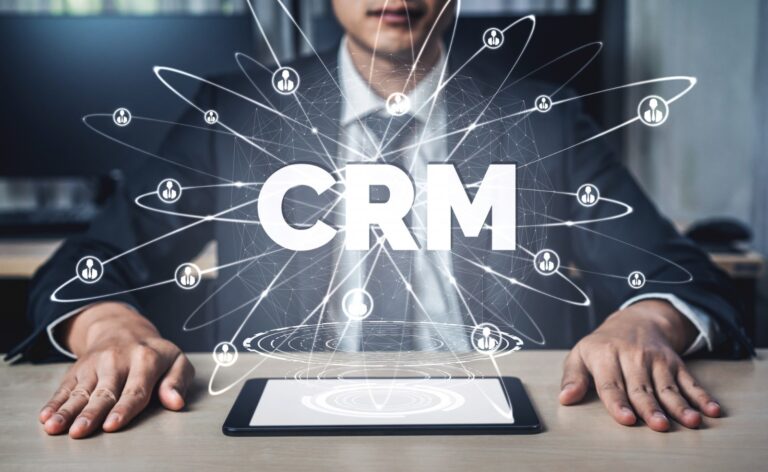ERP MODULES
FAQ
CRM: - CRM stands for Customer Relationship Management. It refers to strategies, practices, tools and technologies that businesses use to manage and analyze interactions with customers and prospects throughout the customer lifecycle. The primary goal of CRM is to enhance customer satisfaction, improve relationships and drive business growth.
Sales Order: - Sales Order Management is the process of efficiently handling and fulfilling customer orders from the moment they are placed until the goods or services are delivered, and payment is received. It is a critical function in the sales and supply chain workflows, ensuring customer satisfaction and operational efficiency.
An HRMS (Human Resource Management System) is a comprehensive software solution that integrates and automates various human resource (HR) processes within an organization. It helps manage employee data, streamline HR tasks and enhance workforce productivity. HRMS often includes functionalities for recruitment, payroll, attendance, benefits, performance management, and compliance tracking, providing a centralized platform for HR operations.
The Finance and Accounting module is a cornerstone of enterprise resource planning (ERP) systems, designed to manage, track, and optimize an organization’s financial processes. It integrates all financial operations, ensuring compliance with regulatory standards, and providing a clear picture of financial health. By automating routine tasks, this module enhances efficiency and accuracy while reducing manual intervention and errors.












